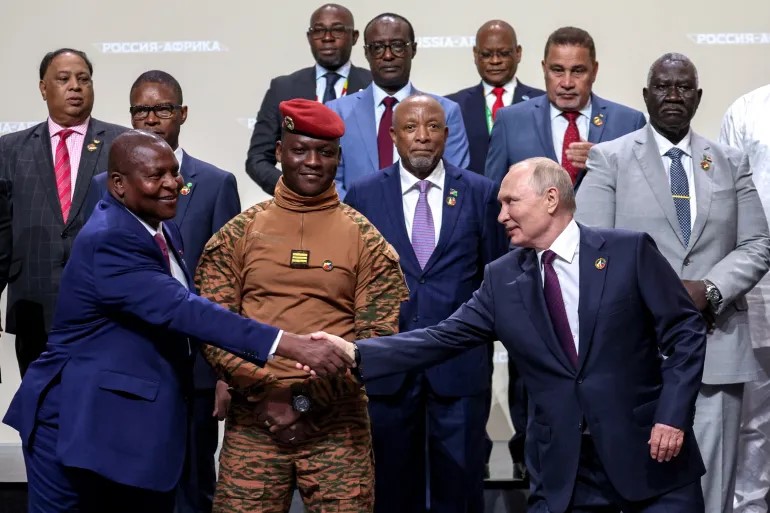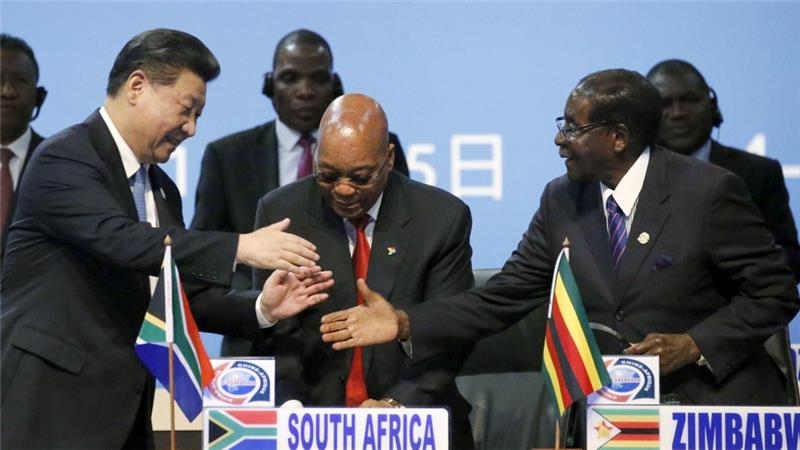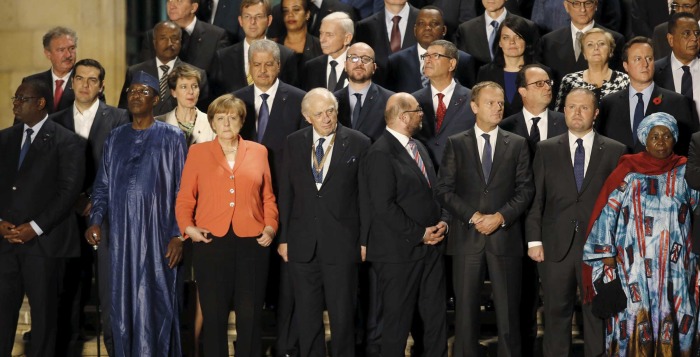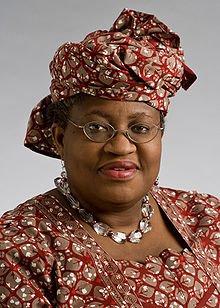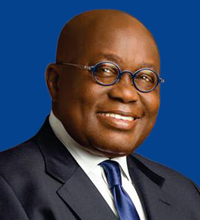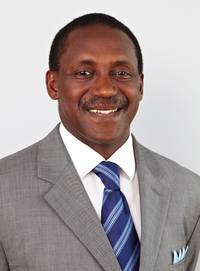By Eric Acha
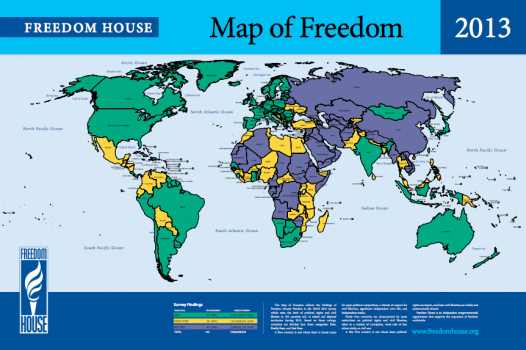
Over the years, coups and other democratic impediments have adversely affected Africa’s freedom ratings. This in return would have had enormous dampening effect on the continent’s progress in other areas including economic growth.
However, the correlation between freedom as defined by the Freedom House and economic growth is not still quite clear cut, especially with regards to Africa. The figures and rhetorics emerging from the continent raise unanswered questions to this relationship. According to the world Bank, Africa has been growing robustly, and the region’s economic prospects remain good over the years to come. At the same time, very little progress seems to have been made with regards to freedom as per the Freedom House index. So is there really a relationship between those two variables?
statistically it is widely accepted that the correlation between two variables does not automatically imply that one causes the other. There certainly exist a relationship between democratic freedom and economic growth, but whether they exist causation and the direction of that causation is still a topic generating much debate.
For the sake of avoiding any ambiguity and appreciating the revelations by the freedom house, the facts should be looked at in the context in which they are presented, i.e simply the political freedom and civil liberties. Without any doubts, sub-Saharan Africa (with the exception of a few countries) has ranked as the world's most politically volatile region for many years, with major democratic breakthroughs in some countries, and coups, civil strife, and authoritarian crackdowns in others. This certainly has been the basis on which Africa has been scored poorly by the freedom house over the years.
The Freedom House index groups and score countries in three different categories; Free, Partly Free, and Not Free.
As per their definition, a Free country is one where there is open political competition, a climate of respect for civil liberties, significant independent civic life, and independent media.
A Partly Free country is one in which there is limited respect for political rights and civil liberties. Partly Free states frequently suffer from an environment of corruption, weak rule of law, ethnic and religious strife, and a political landscape in which a single party enjoys dominance despite a certain degree of pluralism.
A Not Free country is one where basic political rights are absent, and basic civil liberties are widely and systematically denied.
According to Freedom House, while sub Saharan Africa witnessed several significant gains, especially in West Africa, civil conflicts and the emergence of violent Islamist groups in Mali for example prevented an overall upgrade for political freedom. Côte d’Ivoire and Senegal scored positively on the index moving from not free to partly free and from partly free to free respectively. Sierra Leone also moved from Partly Free to Free as a result of a free, fair, and peaceful presidential election in November.
The gains made by Senegal can be directly attributed to the peaceful political transition that saw President Wade conceding defeat to Macky Sall, as well as the neatly organized parliamentary elections in the country.
Mali, Guinea Bissau, Central African Republic’s declines were no brainers. The three dropped from Free to Not Free, Partly Free to Not Free and from Free to Partly Free respectively. For Mali, the crisis emanating from the Islamic insurgency in the North could be rightly blamed for the decline in its freedom rating. The country following years of democratic progress astronomically dropped from Free to Not Free.
Kenya, Nigeria, Madagascar, South Africa, and Uganda are amongst the African countries that saw their ratings dropped in the 2013 index.
With these details, it comes as no surprise that 41% percent of sub Sahara Africa countries are considered not free.
For a more comprehensive analysis and insight on Freedom in Africa, see the 2013 Freedom House Index here

